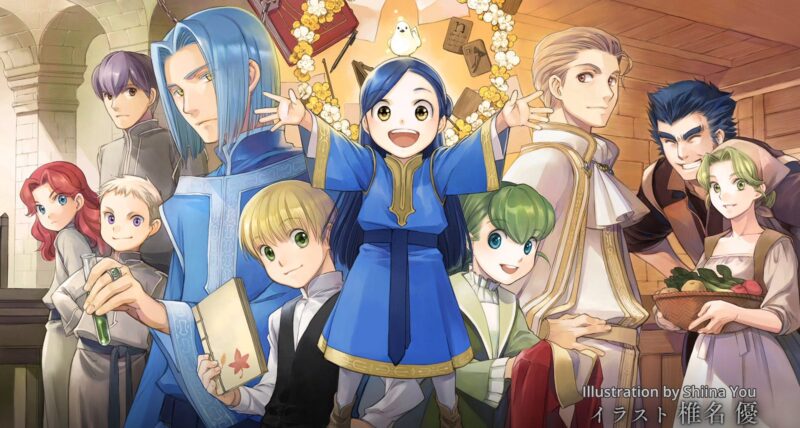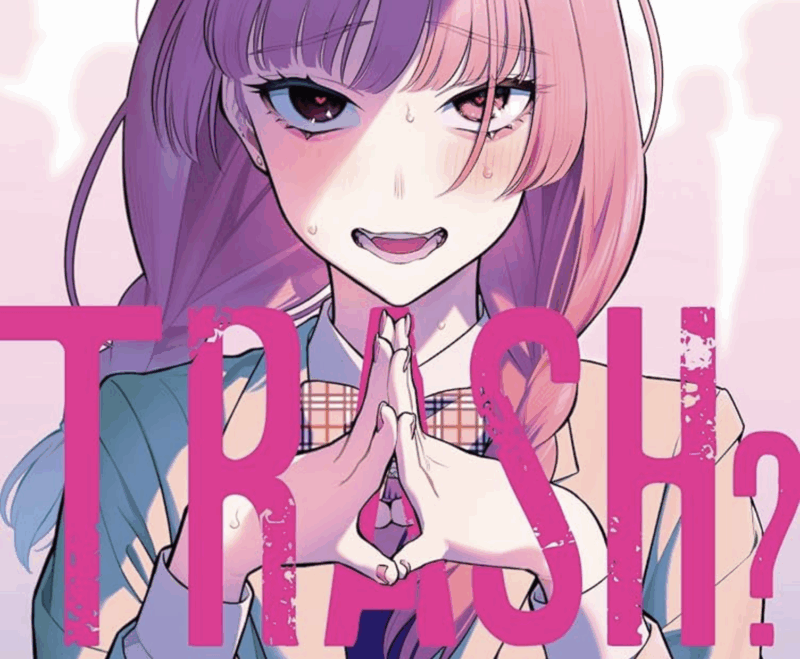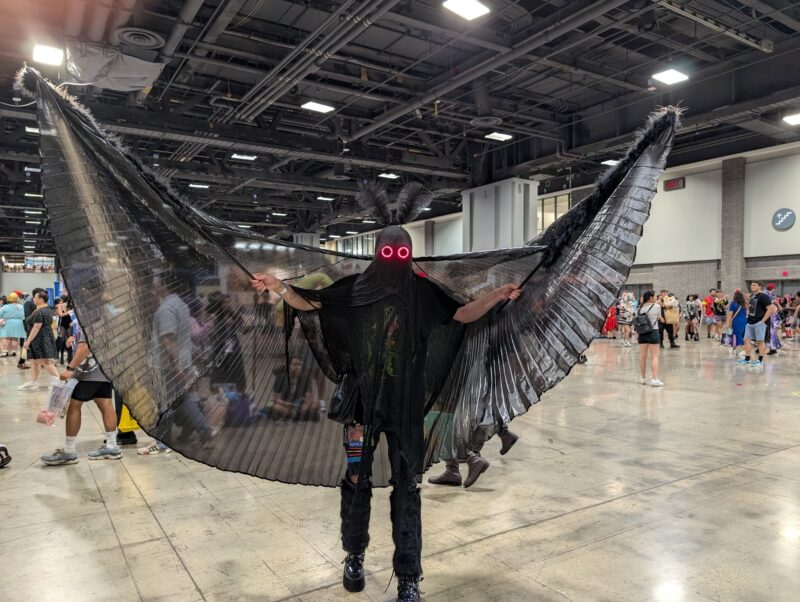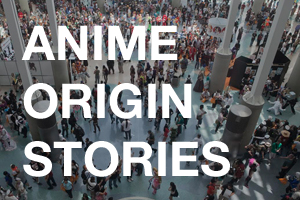
2025 marks the 30th anniversary of Gundam Wing. In August, I was looking for an angle for a feature I was writing about my relationship to this show, which was one of the first anime I ever watched. I knew I wanted to write about Relena, a character I used to dislike as a teenager. As I put in this article:
She was pushy, naive, and worst of all, idealistic. In a show whose central mission was to deliver cool robot battles to our eyeballs, she was a relentless advocate for peace.
Since this was for Anime News Network and not a blog entry, I didn’t only want to talk about my feelings. I wanted to find a primary source. That’s when I started looking into the person I associate most with the Relena from my memory—the distinct performance of her voice actor, Lisa Ann Beley. I was surprised to learn that she had basically fallen off the map. She hadn’t done any anime voice performances in years, and had only given one interview in the last ten. While her former co-star Mark Hildreth was at New York Comic Con giving interviews as the former voice of Heero Yuy, I couldn’t even find an email for Lisa.
I started following leads, beginning with the last person to interview her, Chris Mayek, and eventually hit a lucky break: Lisa worked just a few stops away from me on the DC Metro. I got the chance to meet her, and right away there was no doubt I’d found the right person:
I instantly recognized her clear, careful enunciation as the voice of Relena. Even speaking with her in a casual setting, my untrained ear still heard that vocal precision—a separation of syllables that defines Beley’s well-trained speech.
We spoke for more than an hour about Lisa’s career, which has included voice coaching actors like Daniel Radcliffe and teaching young students who recognize her anime roles. I am so glad I got the opportunity to talk with her and, better yet, to share this interview with ANN’s audience. I hope you’ll check out the article to learn about Lisa’s experience voicing Relena, why she logged off, what Gundam has in common with Shakespeare, and what she thinks about the show’s lasting legacy that still resonates today.
Check out the article when you click the button:






